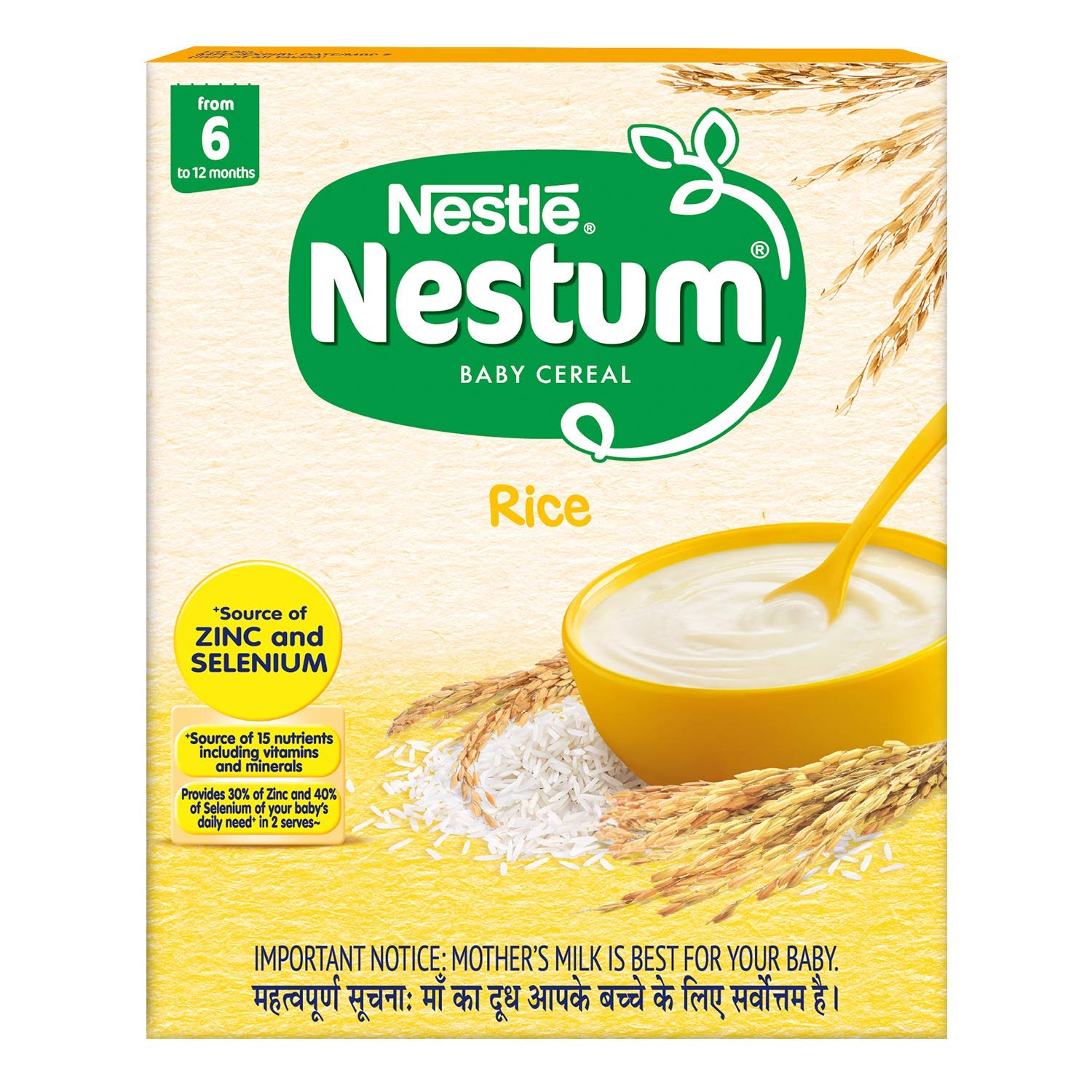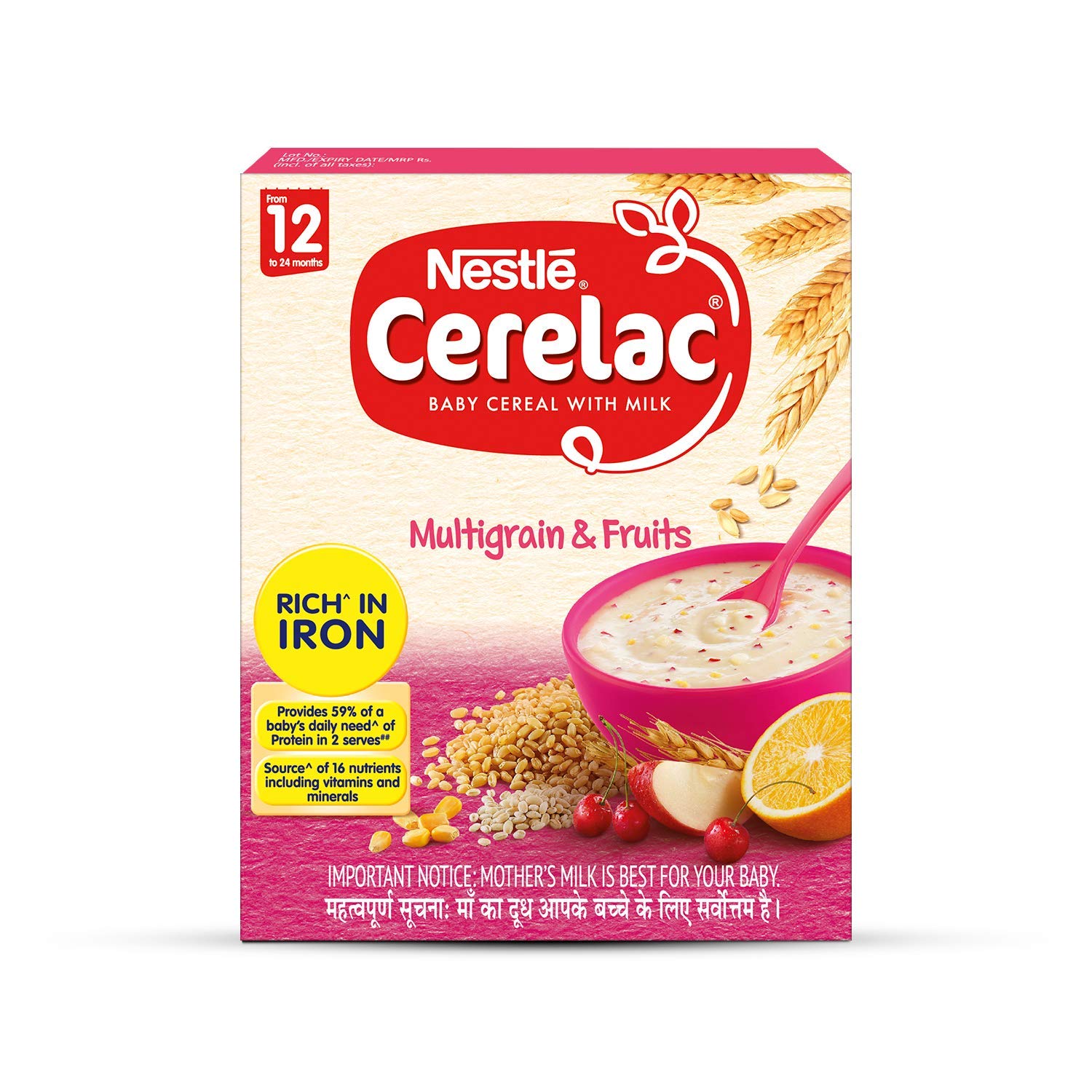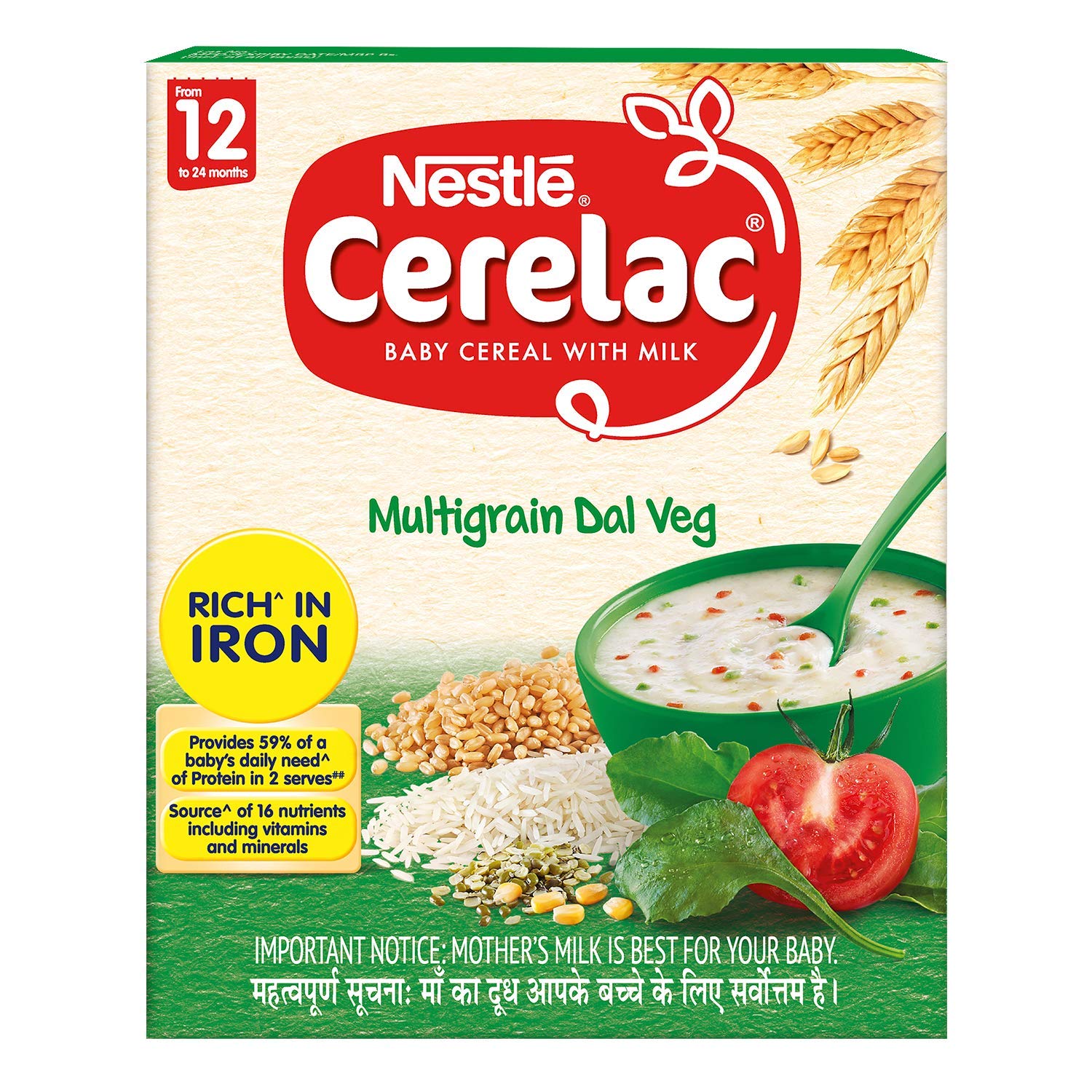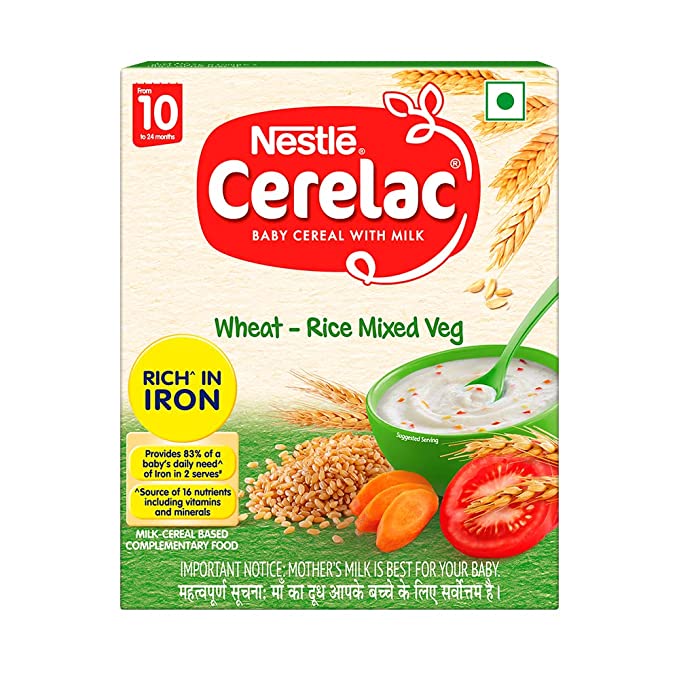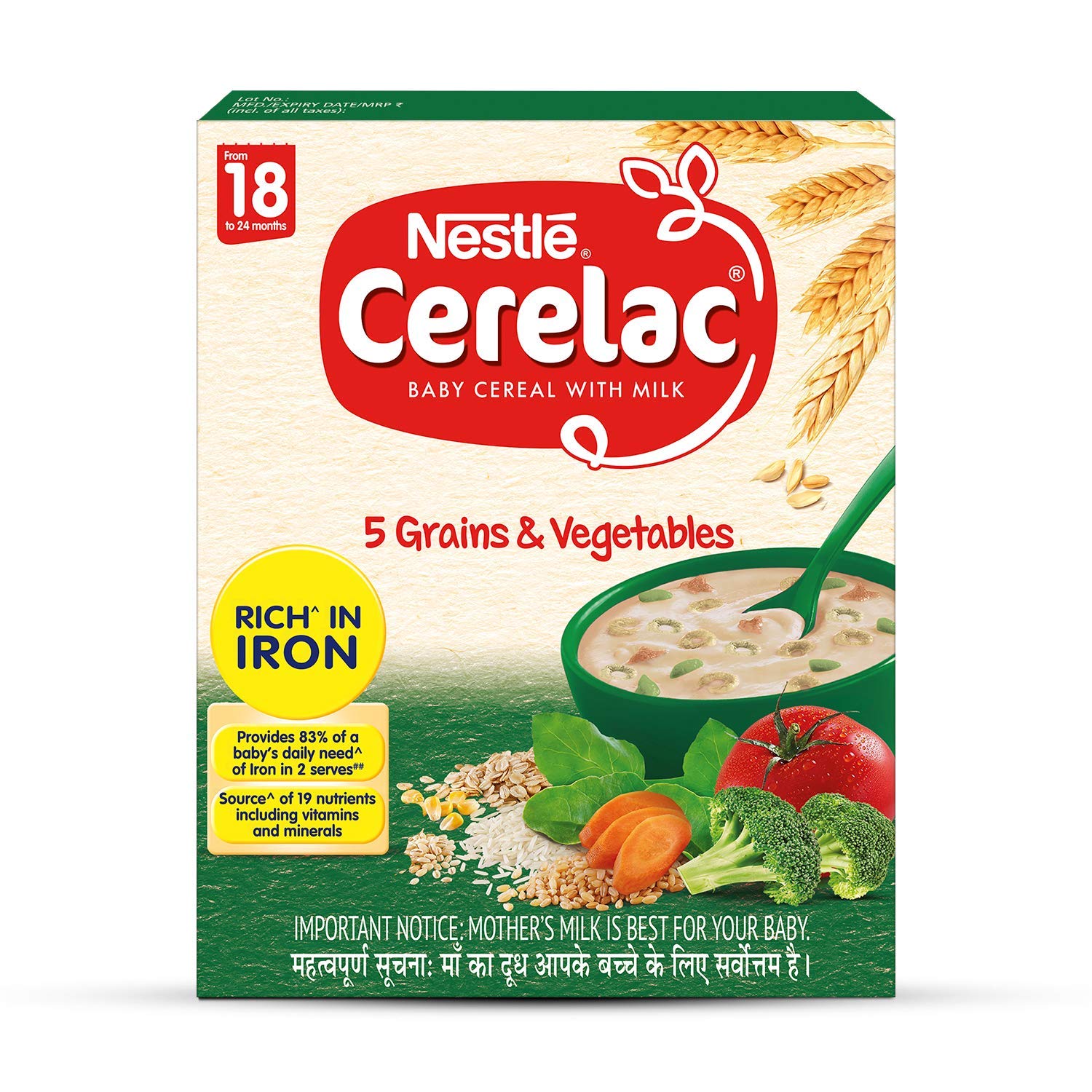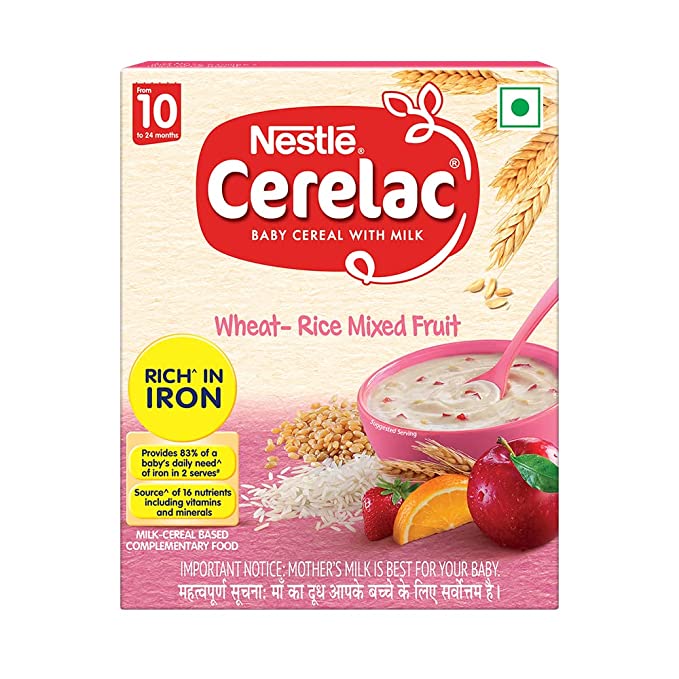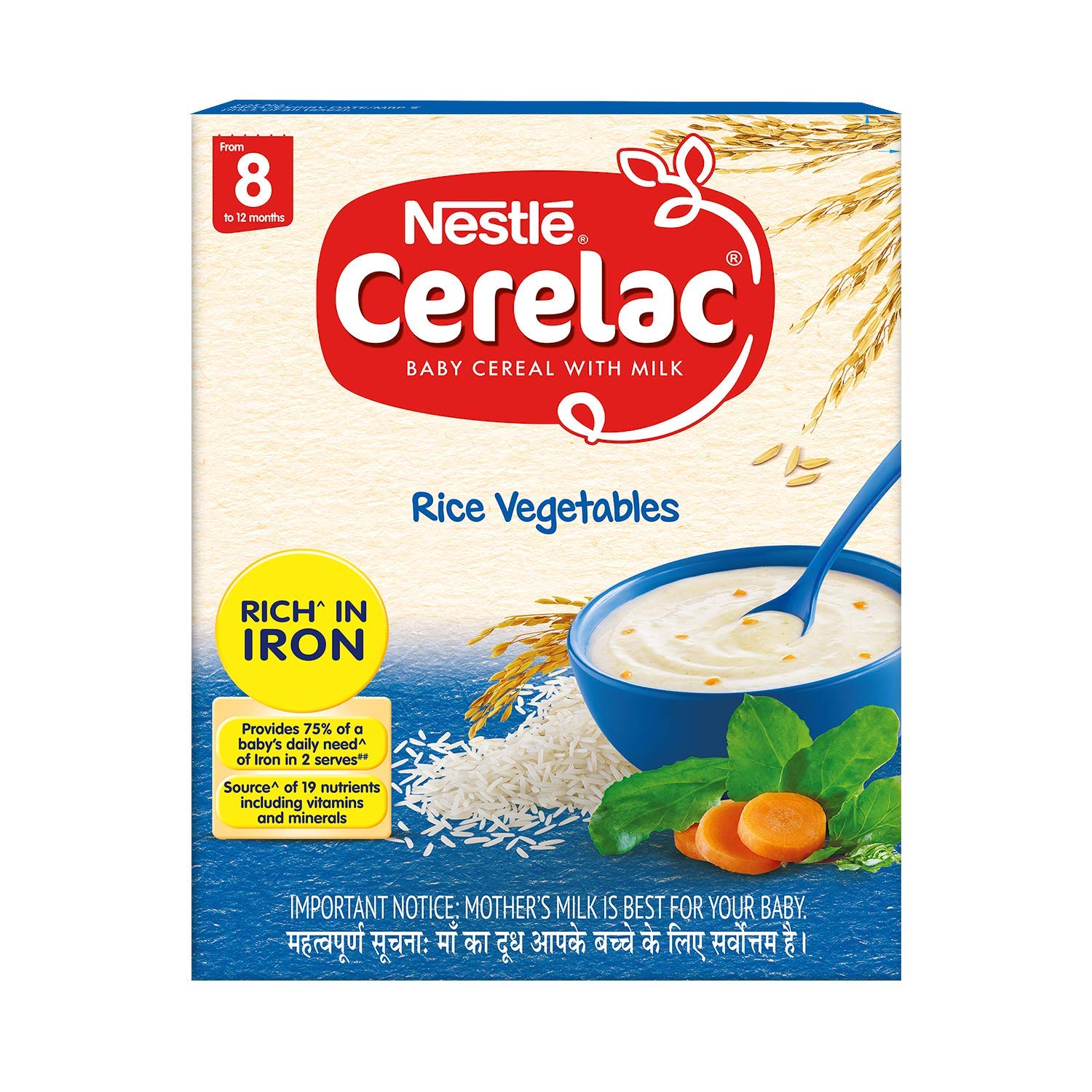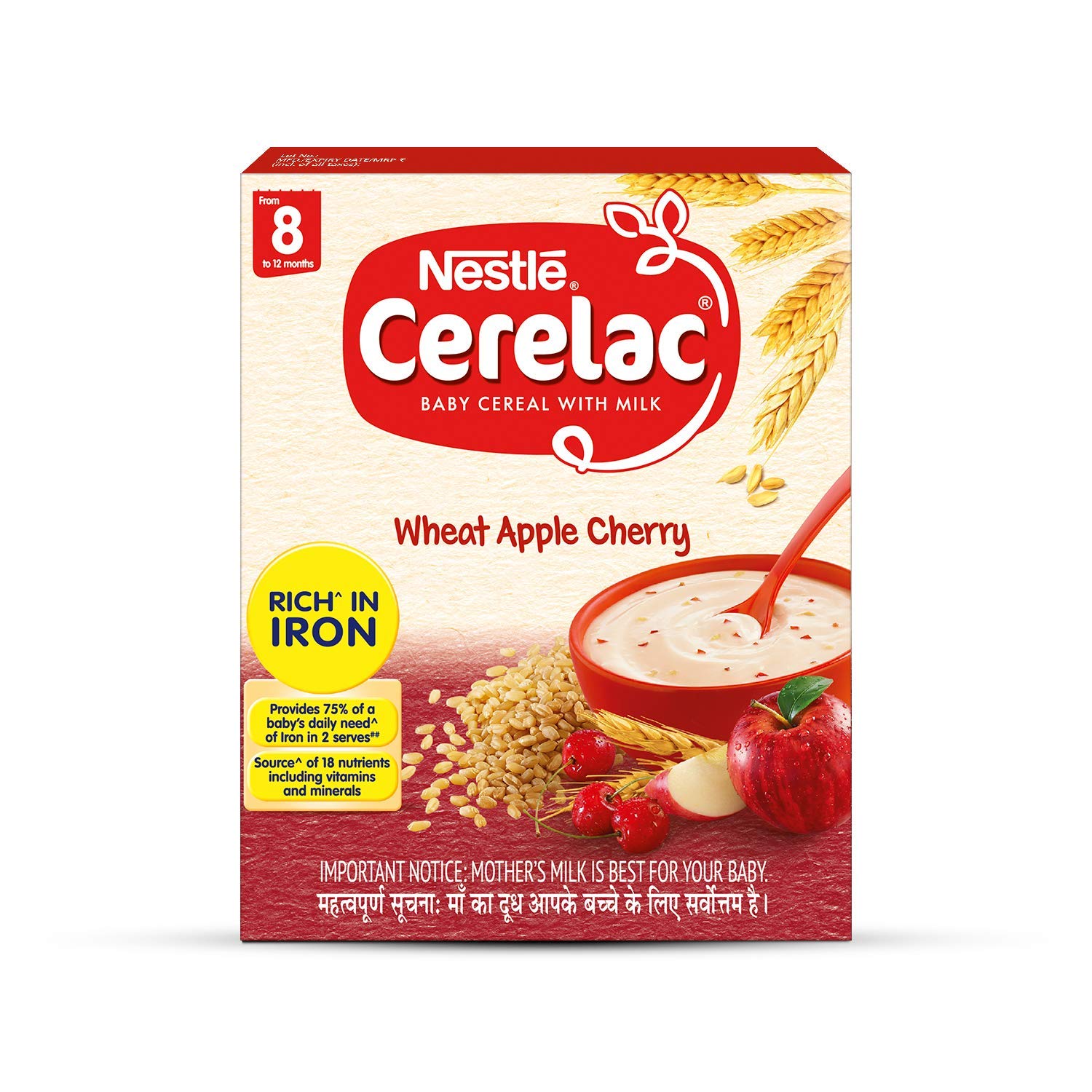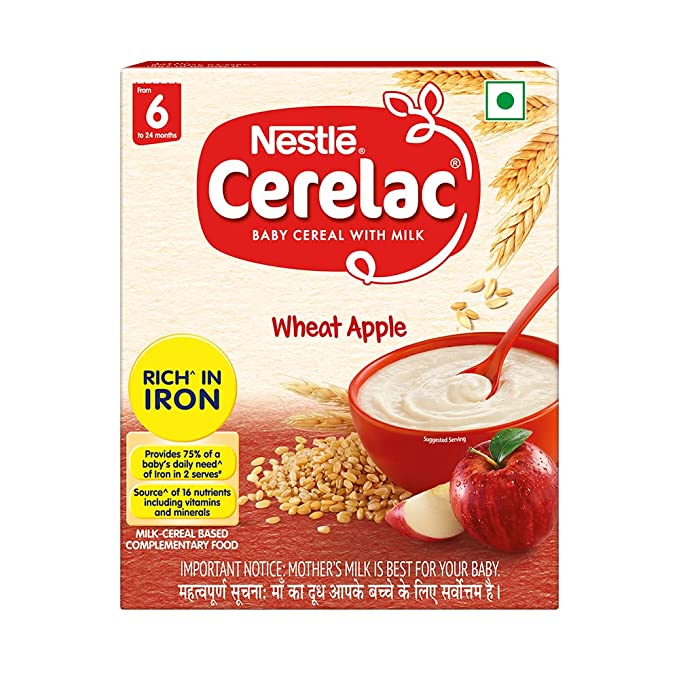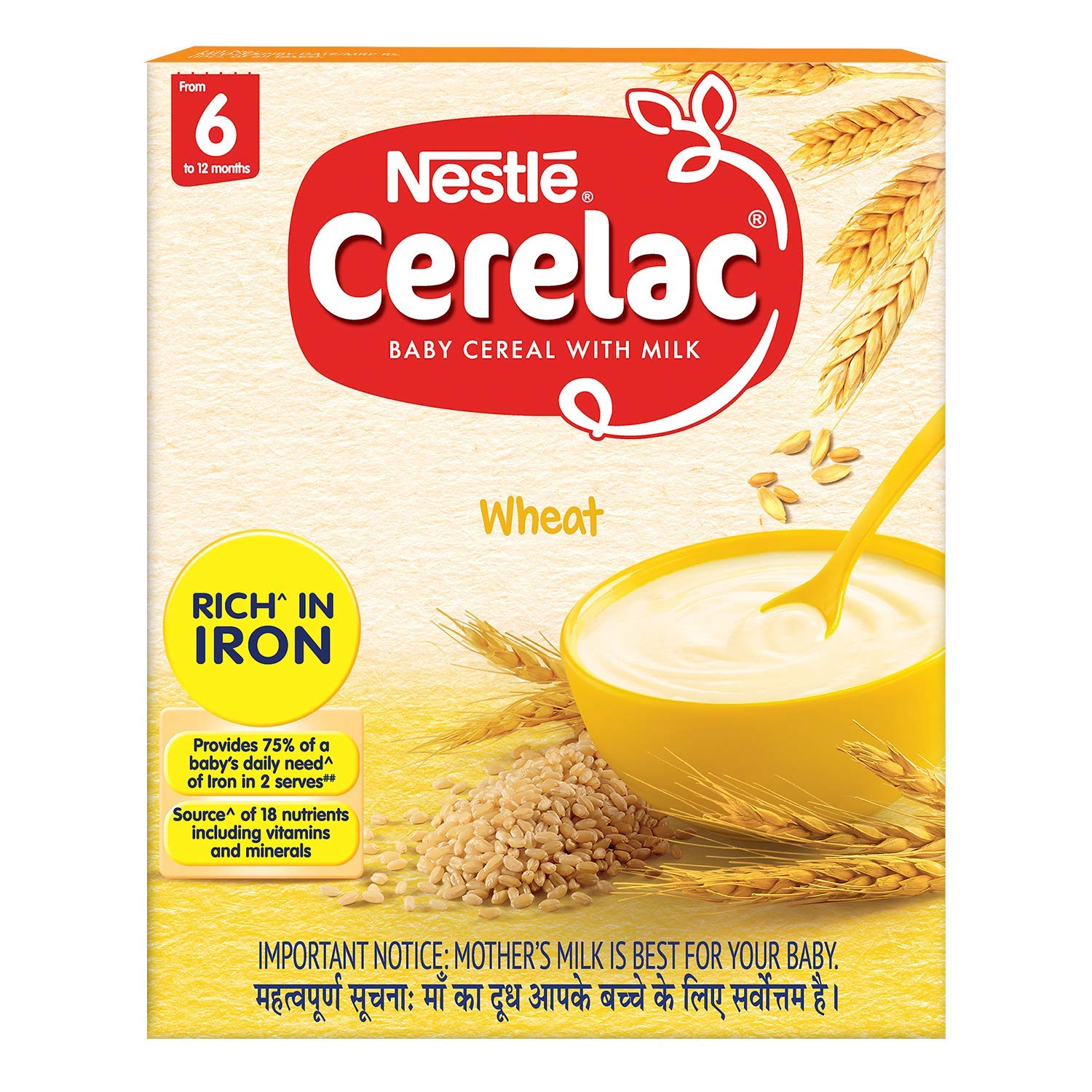Vitamin B7 (Biotin)
Micronutrient
Last update date: October 11, 2023
Biotin helps your body use enzymes and carries nutrients throughout the body. It is beneficial for hair & skin. Eggs, milk, and bananas are some of the foods that have Biotin in good amounts.
Frequently Asked Questions
1.
What is Vitamin B7 (Biotin)?
Biotin, also known as vitamin H or B7, is an essential water-soluble vitamin that helps your body metabolize fats, carbohydrates, and proteins. It is crucial for maintaining a healthy nervous system, as well as promoting strong nails, lustrous hair, and vibrant skin. You may recognize biotin as vitamin B7, which can be naturally found in certain foods or taken as a supplement. Biotin acts as a vital coenzyme that assists enzymes in breaking down fats, carbs, and proteins during digestion. It also plays a significant role in regulating signals sent by your cells and controlling gene activity, ensuring proper functioning throughout your body.
2.
What is positive impact of Vitamin B7 (Biotin)?
Supports the growth and maintenance of healthy hair, skin, and nails. Plays a key role in energy production and metabolism. Helps maintain a healthy nervous system and supports cognitive function. Supports the regulation of blood sugar levels. Contributes to the growth and development of a healthy fetus during pregnancy.
3.
What is negative impact of Vitamin B7 (Biotin)?
Excessive biotin intake may lead to trouble sleeping. High doses of biotin may cause skin rashes or allergic reactions. In rare cases, biotin supplements can cause digestive upsets or gastrointestinal issues. Biotin can interfere with certain laboratory tests, leading to inaccurate results. Excessive biotin intake may affect insulin release and blood sugar regulation in some individuals.
4.
Who should avoid Vitamin B7 (Biotin)?
People with known allergies or sensitivities to biotin supplements should avoid its consumption. Individuals undergoing specific laboratory tests that measure biotin levels should avoid biotin supplements to prevent inaccurate test results. Consult with a healthcare professional before starting biotin supplements if you have any underlying medical conditions or are taking medications.
5.
What are common sources of Vitamin B7 (Biotin)?
1. Eggs, meat, and poultry: Rich sources of biotin in animal-based foods. 2. Nuts and seeds: Almonds, walnuts, and sunflower seeds are excellent plant-based sources. 3. Legumes: Lentils and chickpeas provide biotin from plant-based sources. 4. Fruits and vegetables: Avocados, bananas, and cauliflower contain smaller amounts of biotin. 5. Whole grains: Oats, brown rice, and barley contribute to biotin intake. 6. Dairy products: Milk, cheese, and yogurt also contain biotin.
6.
Which are symtoms of Vitamin B7 (Biotin) deficiency?
If you have a deficiency of biotin, you may experience symptoms such as hair loss or alopecia, hallucinations, numbness or tingling sensations in your hands and feet, lethargy, depression, seizures, weakened immune system, and an increased risk of infection. It's important to ensure an adequate intake of biotin through your diet or supplements to avoid these potential issues and maintain optimal health. Remember to consult with a healthcare professional for personalized advice if you suspect you may have a biotin deficiency or are experiencing any concerning symptoms.


